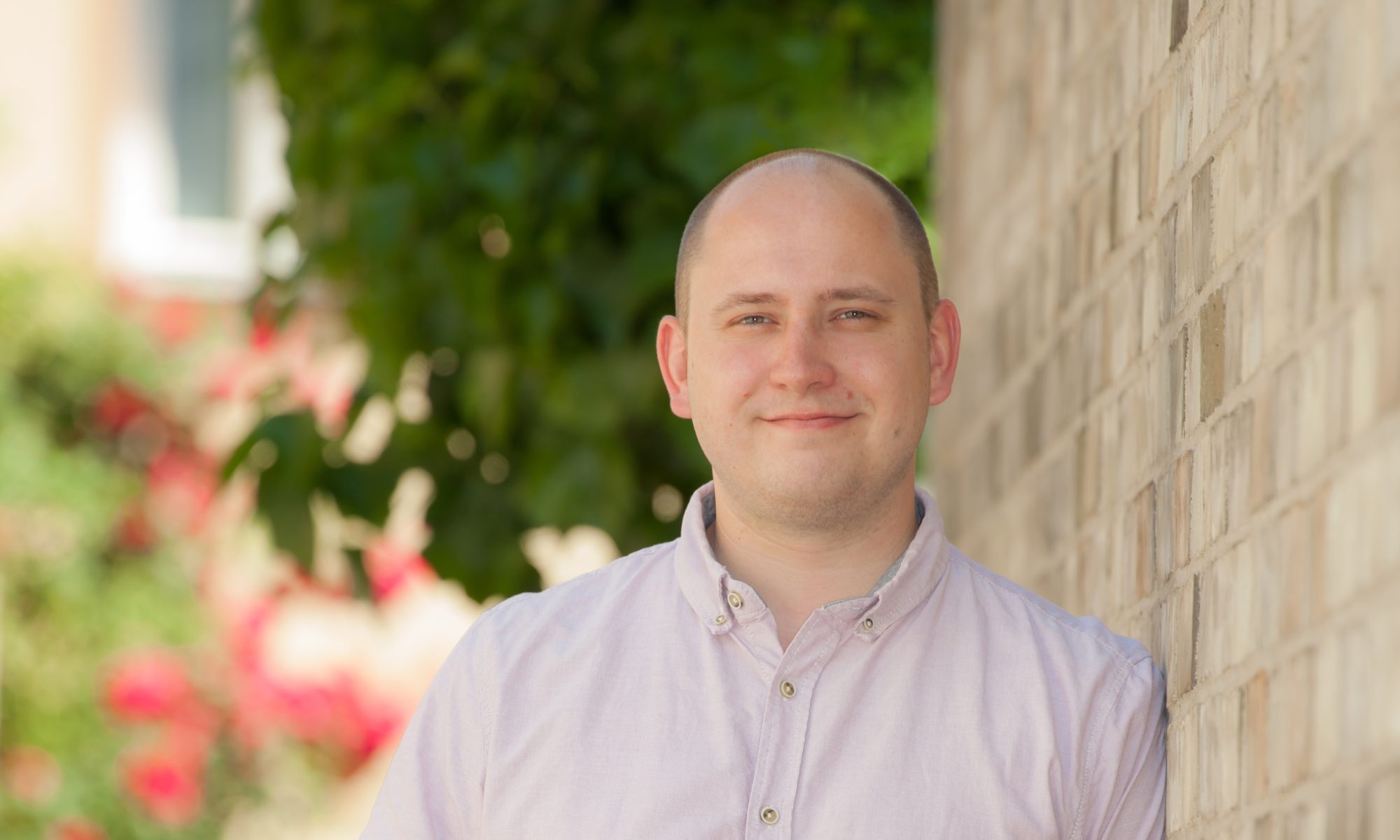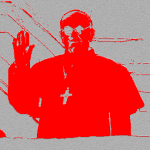For The Atlantic Olga Khazan has written a short piece about the findings of Barry Schwartz. In short, he deals with the effects our daily “choice overload” has for our health and happiness. He suggests we might be better off if we settle for the “good enough” instead of “the best”. By offering this life hack he surely is tackling our handling of the possibilities and dangers of the digital age and tech-consumerism.
“One of my favorite Schwartzisms is this: If you ever aren’t sure if you attended the very best party or bought the very best computer, just settle for “good enough.” People who do this are called “satisficers”, and they’re consistently happier, he’s found, than are “maximizers”, people who feel that they must choose the very best possible option. Maximizers earn more, Schwartz has found, but they’re also less satisfied with their jobs. In fact, they’re more likely to be clinically depressed in general.” (Olga Khazan: The Power of “Good Enaugh”, The Atlantic, accentuation by me)
I find these thoughts extremly helpful in my daily life as a reader and media consumer, as I too find it hard to survive in the haste and magnitude of news, pictures, texts and videos on the internet.
Given that a life hack is “any trick, shortcut, skill, or novelty method that increases productivity and efficiency, in all walks of life”, it springs to my mind that this simply isn’t good enough for me. In fact, I don’t think that my purpose is to solely maximize my productivity or efficiency in all walks of life, but to endure life as it is and fulfill the true meaning of being a human being. So it’s not just about getting better in wanting less, as good as this might be.
Schwartz’s thoughts reminded me of a sermon by Nadia Bolz-Weber which I read a few days ago (and you should read it too, btw). In it, Nadia speaks of a lifestyle far more profound and ancient than we come to suspect.
“In the beginning God created a good but imperfect world and populated this world with earthlings, made in God’s image – male and female. (as an aside – the text doesn’t say Male OR Female) God created them in God’s image male and female -formed from dust and the breath of God. So I doubt that a God who created a good, but imperfect world is one who expects perfection from us. As though we can somehow through our efforts or self awareness or idealism improve upon what God has created. I don’t understand why the Christian moto isn’t, if good, is good enough for God, then good is good enough for us.” (Nadia Bolz-Weber: A Sermon on the Occasion Of Paula’s Baptism)
For anyone who came into contact with Judaism, Christianity or any other philosophy related to the Bible, Nadia’s thoughts would appear neither new nor totally surprising. But they are a good reminder for what really matters. To settle with “good enough” isn’t laziness, as the reformed tradition of Christianity might tell you and it’s also not only a step to a healthy and happy life, it’s an act of imago dei. Which simply means to live in God’s footsteps.
That, too, includes our dealing with all the doubts and anger we sometimes have with our own faith or disbelieve. Because it means that our faith, as imperfect as it may be, simply suffices. Not everything that doesn’t fit in our lives today must be thrown away; maybe it will make sense someday and it will come in handy, dragging it all the way. Not all doubts must be solved, with some of them we will settle later and some of them will move out of the focus of our lives anyway.
What Olga Khazan tells us at the end of her article is certainly adoptable for our spiritual life too: “It can be hard, in our culture, to force yourself to settle for “good enough.” But when it comes to happiness and satisfaction -and God –, “good enough” isn’t just good—it’s perfect.”


